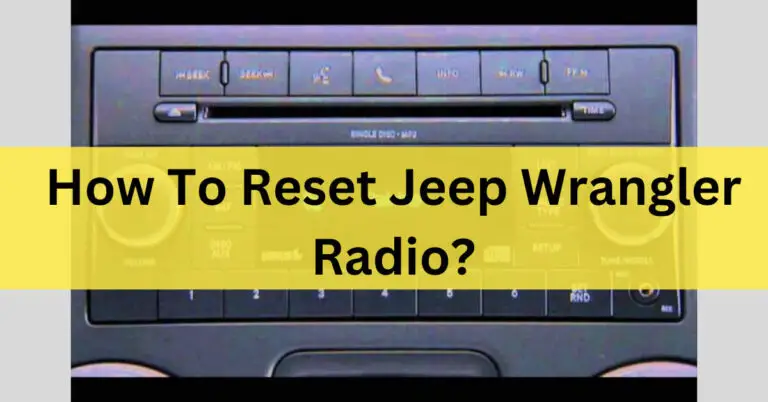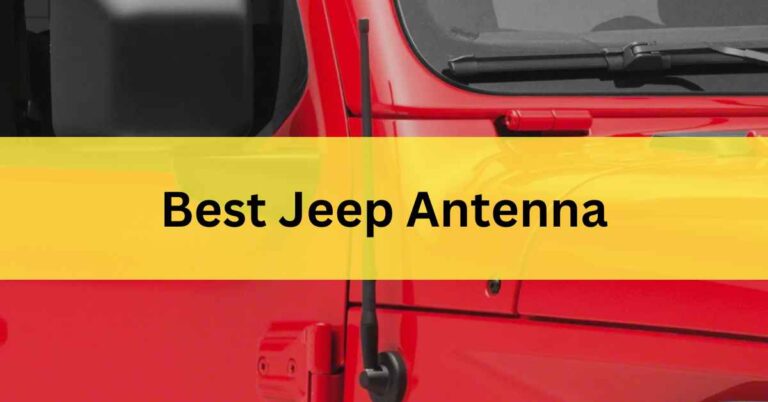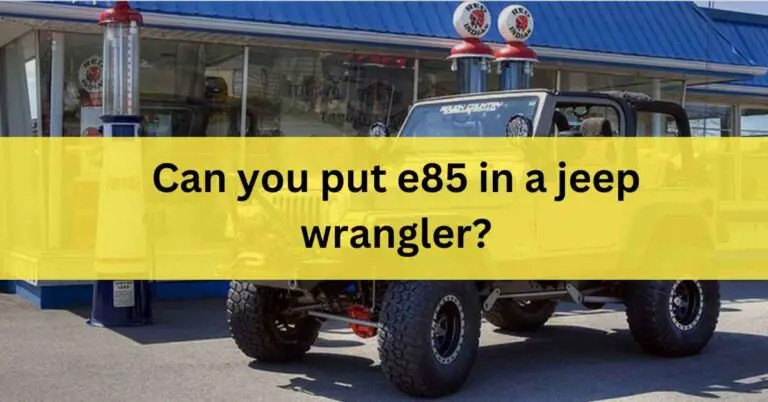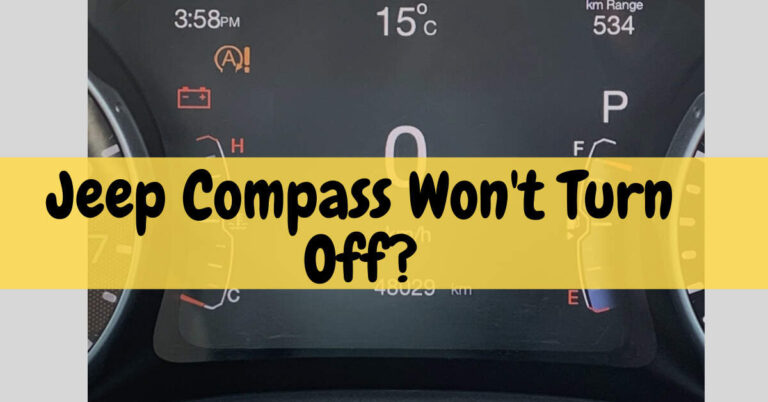Is Leasing a Jeep Wrangler a Good Idea?
The Jeep Wrangler, an iconic symbol of adventure and off-road prowess, has captured the hearts of drivers worldwide. Its rugged design, open-air driving experience, and legendary capabilities have made it a sought-after vehicle for outdoor enthusiasts and thrill-seekers.
Leasing may be an excellent option for those who prioritize lower monthly payments, enjoy driving new vehicles with the latest features, and prefer a short-term commitment without the responsibility of vehicle ownership.
On the other hand, if you’re someone who values long-term ownership, customization freedom, and building equity in a vehicle, financing or outright purchase might be more suitable for your needs.
When contemplating the prospect of owning a Jeep Wrangler, one might wonder whether leasing this remarkable vehicle is a good idea. In this article, we will delve into the benefits and considerations of leasing a Jeep Wrangler to help you make an informed decision.
The Appeal of a Jeep Wrangler:
Before diving into the leasing aspect, it is essential to understand why the Jeep Wrangler is so beloved. One of its primary appeals is its unmatched off-road capabilities.
The Wrangler is engineered with robust four-wheel-drive systems, ample ground clearance, and solid axles, enabling it to conquer challenging terrain that other vehicles might struggle with.
Whether you enjoy venturing into remote wilderness areas, traversing rocky trails, or tackling muddy paths, the Jeep Wrangler is designed to get you there with confidence.
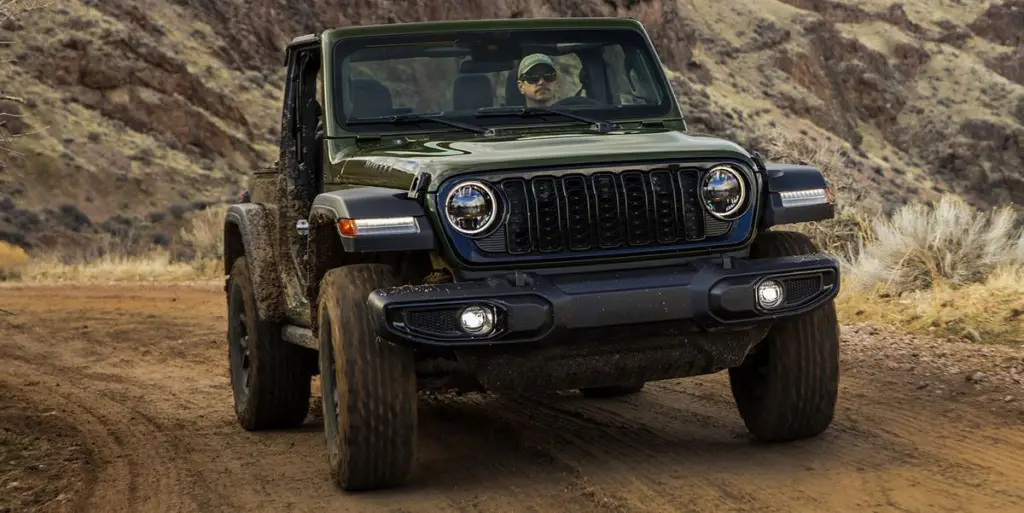
The Advantages of Leasing a Jeep Wrangler
Lower Monthly Payments: One of the primary benefits of leasing a Jeep Wrangler is that the monthly payments are generally lower compared to financing or purchasing the vehicle outright. Since you’re only paying for the vehicle’s depreciation during the lease term, rather than the full cost, the monthly payments can be more manageable for your budget.
Warranty Coverage: Most lease terms align with the vehicle’s manufacturer warranty coverage, which means that you won’t have to worry about major repair expenses during the lease period. This might help you save money on unforeseen repairs while also giving you peace of mind.
Access to Newer Models: Leasing allows you to drive a new Jeep Wrangler model every few years. As the automotive industry continues to innovate and improve, leasing ensures that you have access to the latest advancements in technology, safety features, and performance enhancements.
Avoiding Depreciation Concerns: The value of vehicles, including the Jeep Wrangler, often depreciates significantly over time. Leasing allows you to avoid potential concerns about the vehicle’s resale value since you simply return it at the end of the lease term.
Short-Term Commitment: Lease terms typically last for a few years, commonly around 24 to 36 months. If you’re uncertain about committing to a long-term ownership experience, leasing provides the flexibility to switch vehicles or explore other options after the lease is up.
Considerations Before Leasing a Jeep Wrangler
Mileage Limitations: Most leases come with mileage restrictions, typically ranging from 10,000 to 15,000 miles per year. If you exceed the allowed mileage, you may incur additional fees. If you plan to use your Jeep Wrangler for extensive off-road trips or long commutes, these limitations might be a significant consideration.
Lease Terms and Conditions: It’s crucial to read and understand the lease agreement thoroughly. Leases may have specific conditions, such as wear and tear guidelines, maintenance requirements, and early termination penalties. Understanding these terms will help you avoid any unexpected costs or issues.
No Ownership Equity: Unlike financing or purchasing, leasing does not build equity in the vehicle. At the end of the lease term, you won’t own the Jeep Wrangler, and you won’t have an asset to trade in or sell.
Customization Limitations: Since the vehicle is not yours to keep, customization options for a leased Jeep Wrangler might be limited. Modifying the vehicle extensively might result in additional charges or difficulties returning the vehicle at the end of the lease.
Before making any decisions, it is essential to thoroughly assess your driving habits, budgetary constraints, and future plans. Additionally, researching and comparing lease offers from different dealerships can help you find the most favorable terms and conditions.
Frequently Asked Questions
1. Are there any drawbacks to leasing a Jeep Wrangler?
Yes, there are considerations to keep in mind. Mileage limitations may apply, customization options might be limited, and you won’t build equity in the vehicle since it is returned at the end of the lease term.
2. Can I take a leased Jeep Wrangler off-road?
Yes, you can take a leased Jeep Wrangler off-road; after all, its legendary off-road capabilities are part of its appeal. However, keep in mind the mileage restrictions and potential wear and tear charges if you plan on extensive off-road use.
3. What happens at the end of a Jeep Wrangler lease?
You have a number of choices at the end of the lease period. You can choose to return the vehicle and lease a new one, purchase the Jeep Wrangler at a predetermined price, or explore other vehicle options.
4. Is it possible to customize a leased Jeep Wrangler?
Customization options for a leased Jeep Wrangler may be limited since the vehicle is returned at the end of the lease term. Any modifications should be reversible and discussed with the dealership to avoid potential charges.
5. Does leasing a Jeep Wrangler require a down payment?
Down payments may be required for leasing a Jeep Wrangler, but it depends on the specific lease agreement. Some leases offer low or no down payment options, while others may require a significant upfront payment.
Conclusion
Deciding whether leasing a Jeep Wrangler is a good idea depends on individual preferences and circumstances.
Leasing offers distinct advantages, such as lower monthly payments, access to new models, and warranty coverage, making it an attractive option for those who enjoy driving the latest vehicles without the long-term commitment of ownership.
Additionally, it can be a cost-effective solution for those seeking to avoid depreciation concerns and major repair expenses. In this article, we shared our best personal experiences to make this article helpful for you to make a good decision.

![Jeep Wrangler passenger seat will not recline [How to solve]](https://garagegrabber.com/wp-content/uploads/2023/08/Jeep-Wrangler-passenger-seat-will-not-recline-768x402.jpg)
